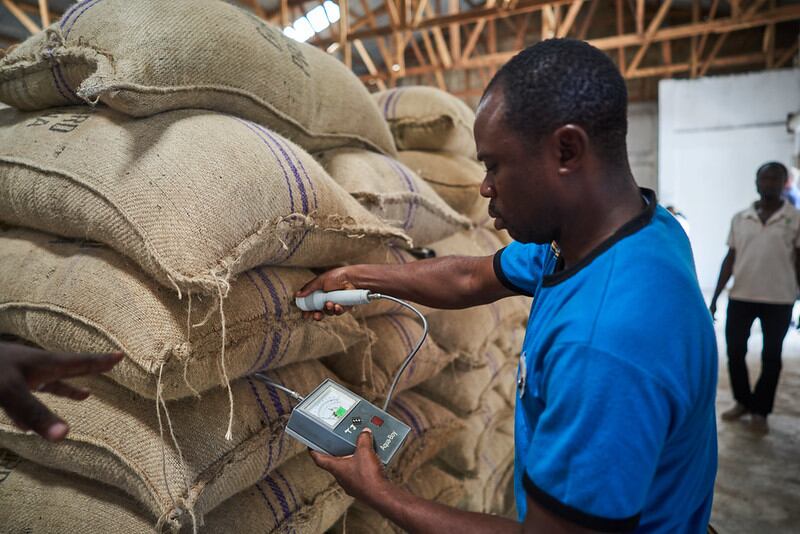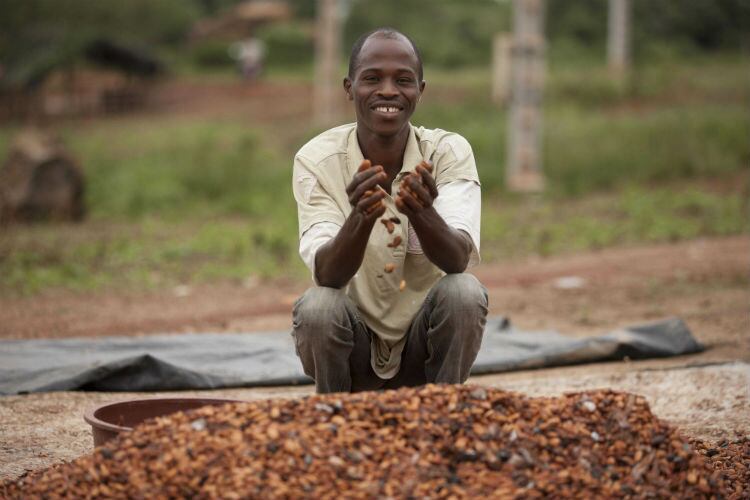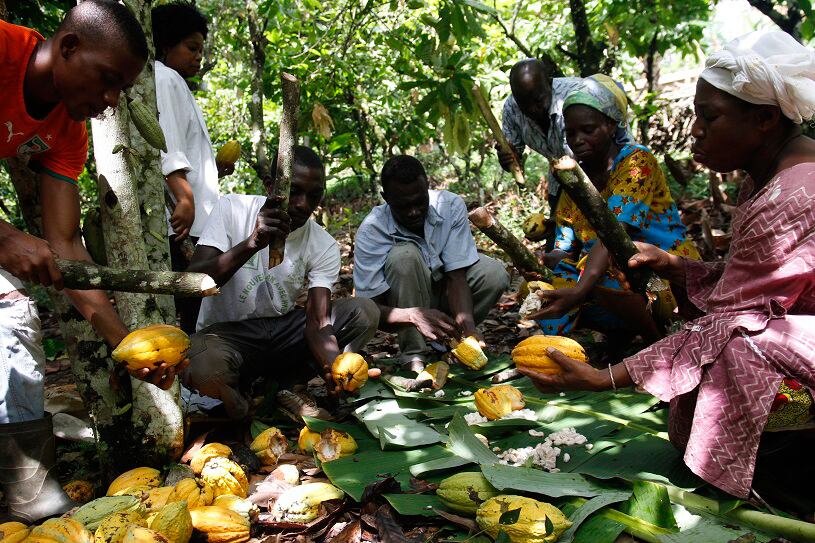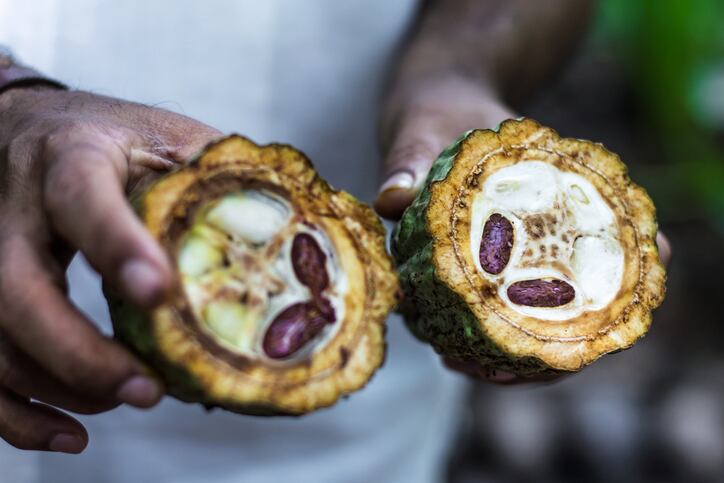Rick Scobey, president of the influential World Cocoa Foundation (WCF), has called for more progress in 2020 on three main issues that still affect the industry: increasing farmer incomes; ending child labor; and restoring and protecting forests in cocoa-growing areas.
Industry and the governments of Côte d’Ivoire, Ghana and the United States pledged in 2010 to work together to cut the worst forms of child labor by 70% by 2020. "This goal is not expected to be met," he claims.
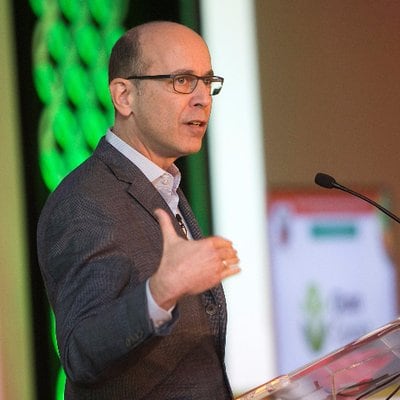
“Many of us will have indulged our sweet tooth over the holiday season and so, as one year ends and another begins, it’s worth considering what it will take to produce the cocoa in your chocolate in a way that is better for the millions who depend on it and for the planet,” he says.
Decent standard of living
Farmers need to earn enough to give their families a decent standard of living and to ensure the long-term future of cocoa, he writes. "The cocoa and chocolate industry is working closely with governments, farmers, and other partners to make cocoa farming more profitable and to raise farmer income. Companies have paid extra on top of official prices for cocoa grown without child labor and deforestation."
Scobey says the WCF welcomed the new Living Income Differential that Côte d’Ivoire and Ghana introduced in July 2019 to raise farmer income and acknowledged that the big chocolate companies continue to invest hundreds of millions of dollars every year to make cocoa farming more profitable and sustainable.
“Our goal is to help farmers grow more cocoa on less land with higher income. These programs support farm renovation and diversification, strengthen farmer organizations and increase access to financial services,” he says.
Two thirds of the world’s cocoa is grown by 1.6 million farmers in Ghana and Côte d’Ivoire and Scobey says that increasing farmer income is central to ending child labor, as poverty is the main cause.
"The biggest worry is with what the International Labor Organization (ILO) calls the worst forms of child labor. In cocoa, this means children doing hazardous work with sharp tools or pesticides, lifting heavy loads, working long hours or clearing land with fires. According to estimates, this affects two million children in Ghana and Côte d’Ivoire and the problem is not being solved quickly enough."
He says the WCF and the cocoa and chocolate industry is looking into new initiatives in 2020 with governments, UN agencies and development partners, and civil society to tackle the root causes of child labor.
“This will include boosting farmer income so they no longer need to use their children as workers. It will also include improving education for children, supporting health and nutrition and expanding child protection services.”
Deforestation
Regarding deforestation in West Africa, he says cocoa farming has driven it and a turnaround will take time to achieve, despite a commitment in 2017 from cocoa-producing countries and leading chocolate and cocoa companies, to forest protection and restoration within the framework of the Cocoa & Forests Initiative (CFI).
"While deforestation rates are dropping in some protected forests in response to the collaboration between industry and governments under the initiative, we still see some continued conversion of forest land for smallholder cocoa farming in other areas,” he says.
Scobey says the WCF will issue a progress report on deforestation in March, but reckons it will be several years until the sector can show measurable progress in restoring forest cover and reducing carbon emissions through climate-smart cocoa production.
He sums up 2019 as a year of change, new thinking and renewed energy to do more to make the cocoa sector more sustainable and says the WCF is committed in 2020 to deepen its work with governments and farmers "toward a reality where farmers earn a decent income, children are in school rather than exposed to dangerous work, and forests are conserved and restored."

